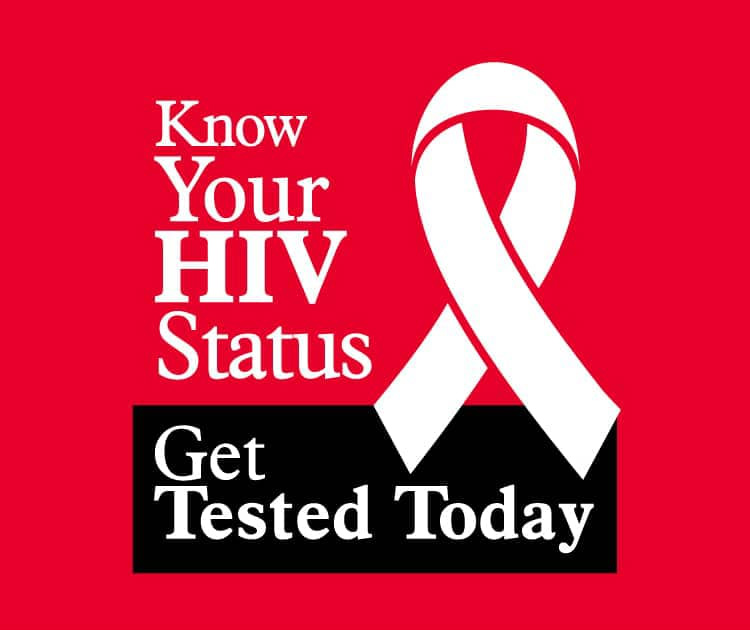Business
UPDATED: BVI added to EU tax ‘black list’ for first time; Barbados, Jamaica removed
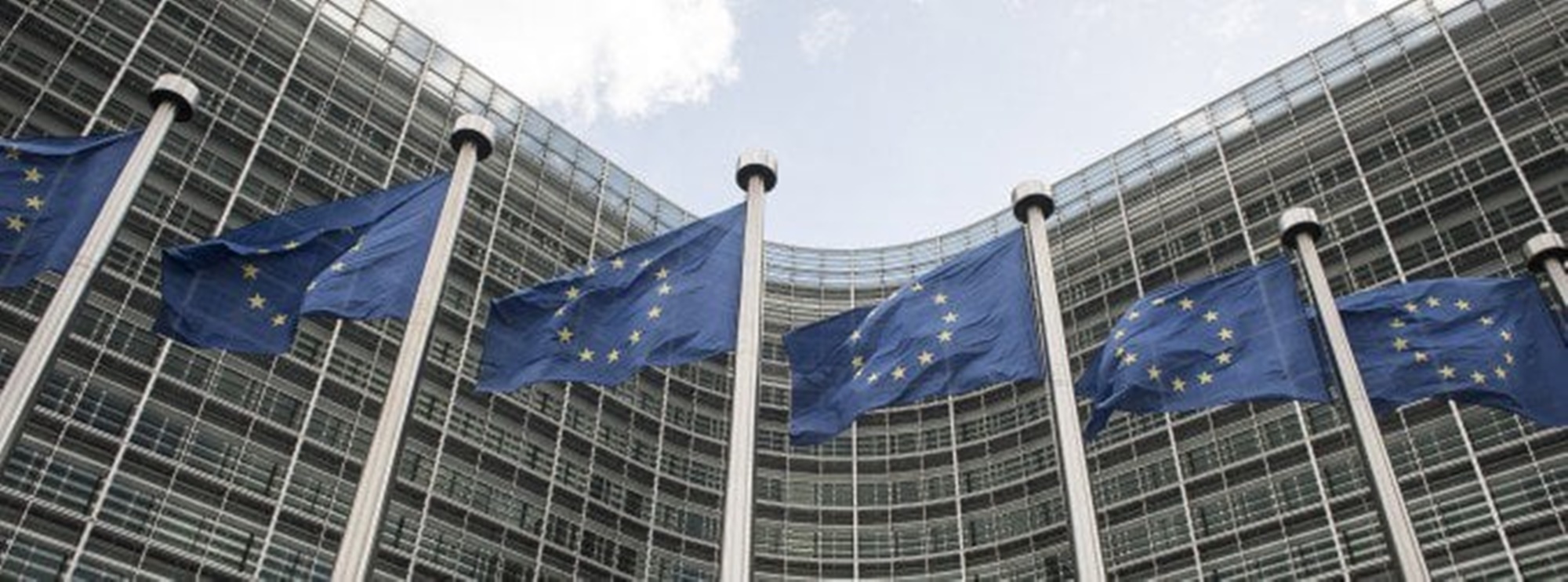
By MERRICK ANDREWS, Online News Editor
(JTV News) — While Barbados and Jamaica were removed, the British Virgin Islands (BVI) was added on Tuesday to the European Union (EU) list of non-cooperative jurisdictions for tax purposes – the first time the territory was added to this ‘black list’ or ‘list of tax havens’.
The BVI was among four countries added on Valentine’s Day. The others were Costa Rica, the Marshall Islands, and Russia.
“British Virgin Islands are listed because they were found not to be sufficiently in compliance with the OECD standard on exchange of information on request (criterion 1.2). This is the first time this jurisdiction is listed,” the Council of the EU said in a press release on Tuesday, adding that it continues to promote “fair tax competition and address harmful tax practices”.
The BVI government responded Tuesday, stating in a press release that legislative changes — including BVI Business Companies Amendment Act 2022, and BVI Business Amendment Regulations 2022) made in 2022 and which came into force on January 1, 2023 – are evidence that steps have been put in place to meet requirements set out by the Organisation for Economic Co-operation and Development (OECD) Global Forum on Transparency and Exchange of Information for Tax Purposes as part of its Peer Review Process.
“These key legislative developments were not recognised in the most recent OECD Peer Review rating given to the BVI in November 2022, which moved BVI from ‘largely compliant’ to ‘partially compliant’. As a ‘largely compliant’ rating is one of the criteria that determines the “EU List of Non-cooperative Jurisdictions for Tax Purposes” (EU List), the BVI has been added to Annex I as a formality and matter of process.
“As such, the BVI Government has requested that a supplementary review be granted by the OECD Global Forum that will more accurately reflect the BVI’s current legislative status. Following a supplementary review, the BVI is hopeful that a ‘largely compliant’ rating will be reinstated. This should then ensure the BVI is moved back to Annex II of the EU List, reflecting jurisdictions that have committed to implementing reforms,” the release further stated.
Adding the four jurisdictions, has now swelled the list to 16. The other 12 are: American Samoa, Anguilla, Bahamas, Fiji, Guam, Palau, Panama, Samoa, Trinidad and Tobago, Turks and Caicos Islands, US Virgin Islands, and Vanuatu.
“The Council regrets that these jurisdictions are non-cooperative on tax matters and invites them to improve their legal framework in order to resolve the identified issues,” the release said.
Minister for Finance of Sweden, Elisabeth Svantesson, “warmly congratulate” North Macedonia, Barbados, Jamaica and Uruguay as they “successfully fulfilled their commitments” and could be removed from the state of play document, the release stated.
According to the Council, the EU list of non-cooperative jurisdictions for tax purposes was established in December 2017 — part of the EU’s external strategy on taxation and aims to contribute to ongoing efforts to promote tax good governance worldwide.
“Jurisdictions are assessed on the basis of a set of criteria laid down by the Council. These criteria cover tax transparency, fair taxation and implementation of international standards designed to prevent tax base erosion and profit shifting. Work on the list is a dynamic process. Since 2020, the Council updates the list twice a year. The next revision of the list is scheduled for October 2023.
“The Council’s decisions are prepared by the Council’s code of conduct group which is also responsible for monitoring tax measures in the EU member states,” the release further stated.
Business
Lorna Smith Refutes Allegations in Bank of Asia Closure: “I Had No Such Authority”
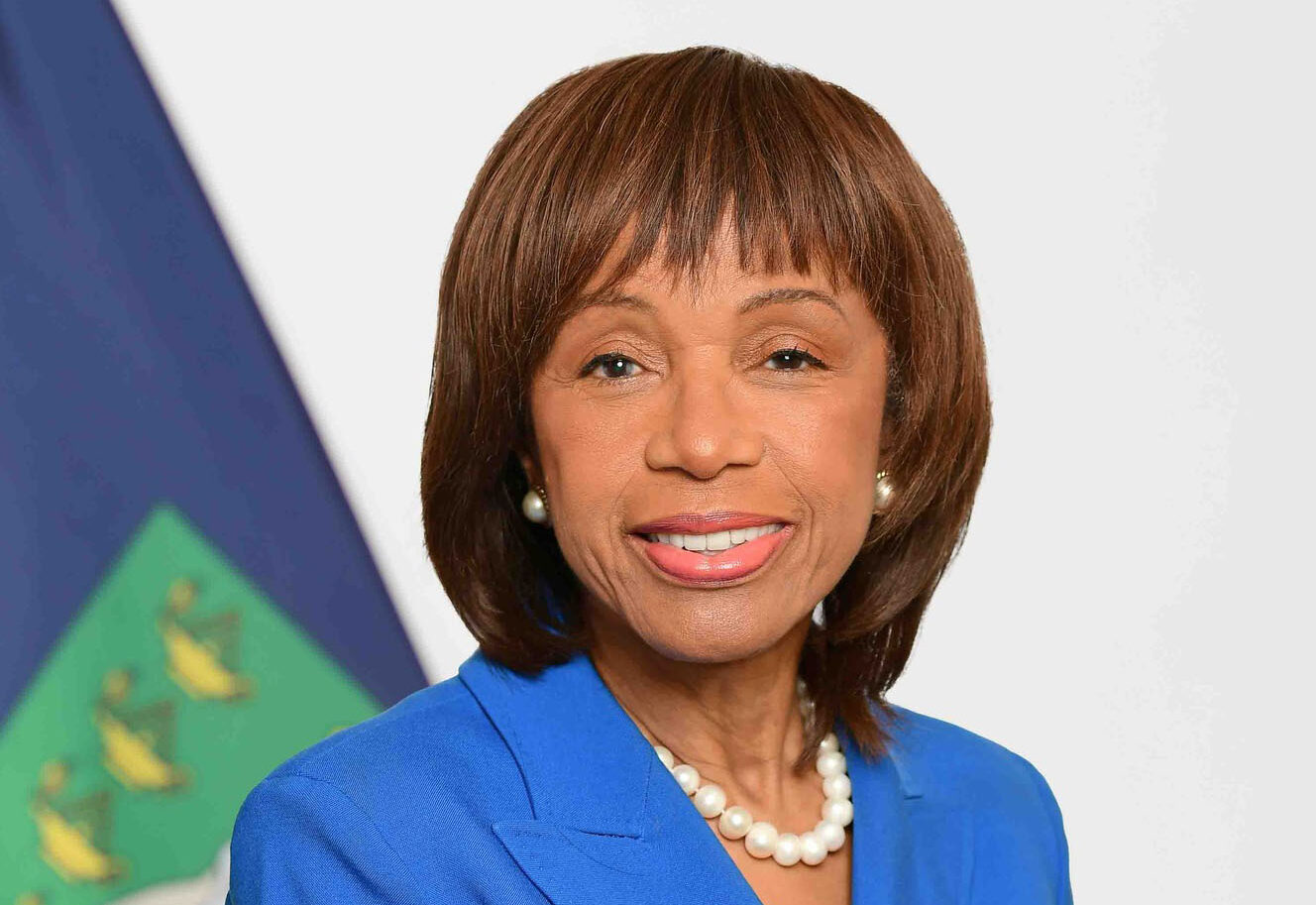
In the wake of public speculation and media reports surrounding the closure of Bank of Asia (BVI) Limited, Junior Minister for Financial Services and former Minister for Financial Services, Labour & Trade, Hon. Lorna Smith, OBE, has issued a public statement rejecting allegations of impropriety and affirming her distance from operational or regulatory decisions concerning the bank.
“I had no such authority, gave no such instruction,” Smith declared, addressing claims that she directed government funds into the bank prior to its collapse. “I categorically deny the claim.”
Smith, who said that she is a former non-executive director and Deputy Chair of the bank’s board, said that she served in a governance role from around 2019 until her resignation in April 2023, months before entering public office. She stated that her role was limited to strategic oversight and compliance and that she was never involved in the bank’s daily operations.
The Junior minister also rejected reports suggesting she received a $15,000 monthly salary, calling the claim inaccurate. “All directors were approved to receive quarterly compensation,” she stated. “That figure is simply incorrect.”
Responding to accusations of regulatory interference, Smith underscored the statutory independence of both the Financial Services Commission (FSC) and the Virgin Islands Deposit Insurance Corporation (VIDIC), the two agencies responsible for oversight of the financial sector and the bank’s resolution. “I have never issued instructions to either regulator concerning the Bank of Asia or any other regulated entity,” she said. She also pointed out that VIDIC falls under the portfolio of the Premier and Minister of Finance, not her ministry.
Addressing reports of internal conflict, Smith said she had met VIDIC’s CEO, Lisa Violet, only twice—once during a courtesy call in late 2024, and once during a virtual group meeting. “I categorically refute any suggestion of tension, conflict, or obstruction,” she stated.
On broader allegations of personal enrichment, Smith issued a firm denial. “Any claim that I have used public office for personal gain, or to benefit friends, family, or associates, is defamatory and wholly unsubstantiated,” she said.
In closing, Smith urged for higher standards in media reporting and emphasized the importance of protecting the reputation of the Virgin Islands’ financial services sector. “The publication of false, exaggerated, or speculative claims undermines our jurisdiction,” she said. “I will not be deterred by baseless attacks or misinformation.”
She added that if defamatory reporting continues without correction, she reserves all legal rights and remedies available to her.
Business
CIBC Caribbean Donates $2,500 to BVI Diabetes Association During Staff Health Initiative

CIBC Caribbean has made a $2,500 contribution to the British Virgin Islands Diabetes Association (BVIDA) as part of its ongoing efforts to support health awareness and community wellness across the region.
The donation was officially presented at the bank’s Road Town branch during its Staff Appreciation Week in May. Vernecia Holder, Head of International Corporate Banking at CIBC Caribbean, handed over the cheque to Roselia James-Dawson, Resource Manager and Certified Diabetes Educator at BVIDA.
The presentation followed a staff-focused educational session on diabetes prevention and management led by Nurse Magdelina Jean-Louis, DSc. H. Ed. The session underscored key issues such as early detection, lifestyle modifications, and disease control—topics that are especially relevant in the Caribbean, where rates of non-communicable diseases continue to rise.
“At CIBC Caribbean, we recognize the vital role of education and community support in addressing chronic diseases such as diabetes,” said Holder. “We are honored to contribute to the BVI Diabetes Association’s efforts to empower individuals with knowledge and resources to manage their health effectively.”
In accepting the donation, James-Dawson said the funds would aid in expanding the Association’s outreach and education efforts.
“This donation will significantly enhance our outreach and education programs, allowing us to better serve those affected by diabetes in the British Virgin Islands,” she stated. “We are deeply grateful for CIBC Caribbean’s partnership in this important cause.”
CIBC Caribbean has pledged to continue supporting local organisations and initiatives that focus on community development, health, and wellness.
Enquiries about BVIDA’s programs can be directed to bvidiabetes@gmail.com.
Business
Caribbean Shipping Secures Exemption from U.S. Port Fees on Chinese-Built Vessels
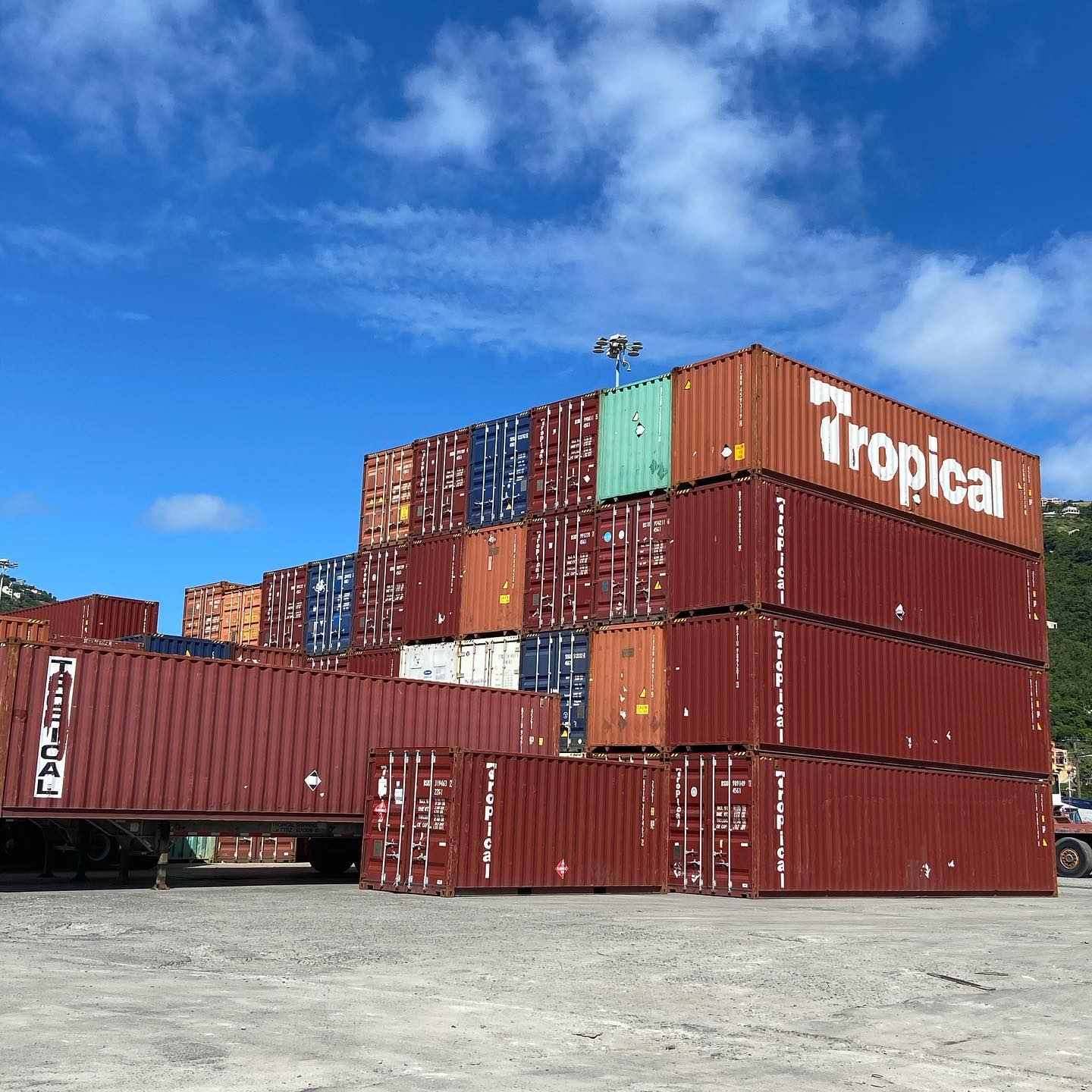
The Office of the United States Trade Representative (USTR) has exempted Caribbean shipping routes from newly proposed port fees on Chinese-built vessels. This decision follows concerted advocacy by the Caribbean Private Sector Organisation (CPSO) and regional stakeholders, who warned that the fees could have devastating economic consequences for the Caribbean.
The USTR’s initial proposal aimed to impose fees of up to $1.5 million per port call on vessels constructed in China, as part of a broader strategy to counter China’s dominance in global shipbuilding and bolster the U.S. maritime industry. However, the policy faced immediate backlash from Caribbean nations, where a significant portion of shipping relies on Chinese-built vessels.
Dr. Patrick Antoine, CEO and Technical Director of the CPSO, testified at a USTR public hearing, emphasizing that over 90% of CARICOM’s trade in goods depends on maritime transport. He warned that the proposed fees could lead to a 60% increase in shipping costs to and from the Caribbean, severely impacting economies where more than 50% of the ships are Chinese-built.
The potential repercussions were particularly alarming for smaller Caribbean states like Antigua and Barbuda, Dominica, Grenada, St. Lucia, and St. Vincent and the Grenadines, which rely heavily on short-sea shipping routes serviced by Chinese-built vessels. Prime Minister Gaston Browne of Antigua and Barbuda expressed concern that shipping a container could increase by $3,000 to $4,000, leading to an 8–10% rise in consumer prices and pushing inflation rates to potentially 12–14%.
In response to these concerns, the USTR revised its policy to exempt ships operating between U.S. domestic routes, the Caribbean, U.S. territories, and Great Lakes ports from the new fees. This adjustment aims to prevent inflation, supply chain disruptions, and surging trade costs in the region.
The exemption has been met with relief across the Caribbean. Dr. Antoine expressed gratitude to the USTR for recognizing the unique challenges faced by Caribbean economies and for taking steps to safeguard regional trade stability.
While the exemption provides immediate relief, regional leaders and industry stakeholders continue to monitor the situation closely. They advocate for long-term strategies to enhance the resilience of Caribbean supply chains and reduce dependency on external factors that could disrupt trade.
-

 Uncategorized3 days ago
Uncategorized3 days agoBody Found in Road Town Waters Identified as Missing Man
-
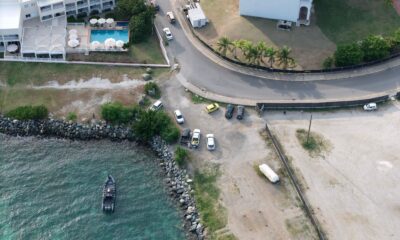
 Uncategorized3 days ago
Uncategorized3 days agoBody Recovered Near Maria’s by the Sea Hotel
-

 Education6 days ago
Education6 days agoBVI Records Over 85 Student Suspensions in Early 2025
-

 Uncategorized2 weeks ago
Uncategorized2 weeks agoBritish Virgin Islands Regulators Move to Wind Down Bank of Asia (BVI) Limited
-

 Entertainment1 week ago
Entertainment1 week agoK’Meeya Chung and Dakarai Wheatley-Adams Crowned Miss and Mr. HLSCC 2025
-

 Local News4 days ago
Local News4 days agoU.S. Travel Ban on Haiti and Other Nations Sparks Concern Across the Caribbean
-

 Entertainment1 week ago
Entertainment1 week agoNeil Frett Named Honouree as 71st Virgin Islands Emancipation Festival Officially Launched
-
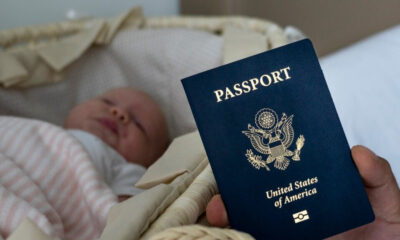
 International4 days ago
International4 days agoU.S. Embassy Issues Warning on ‘Birth Tourism’





















